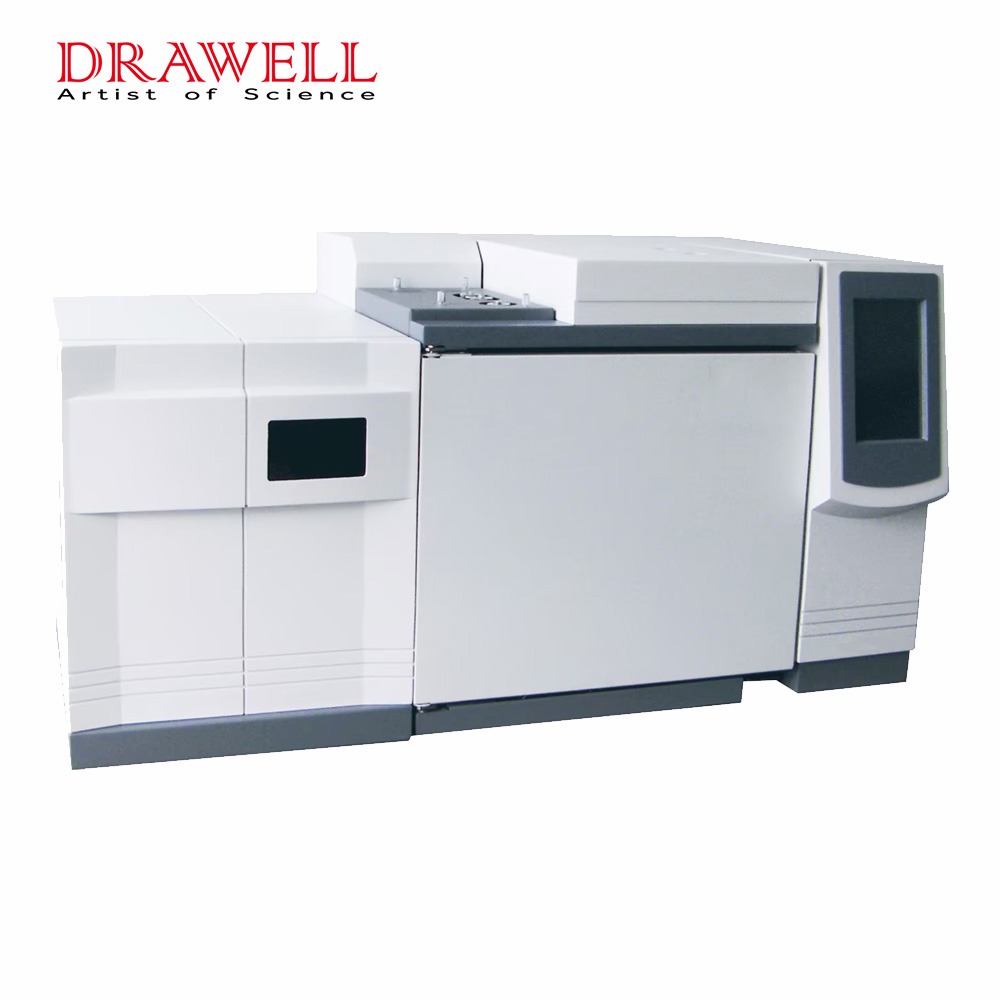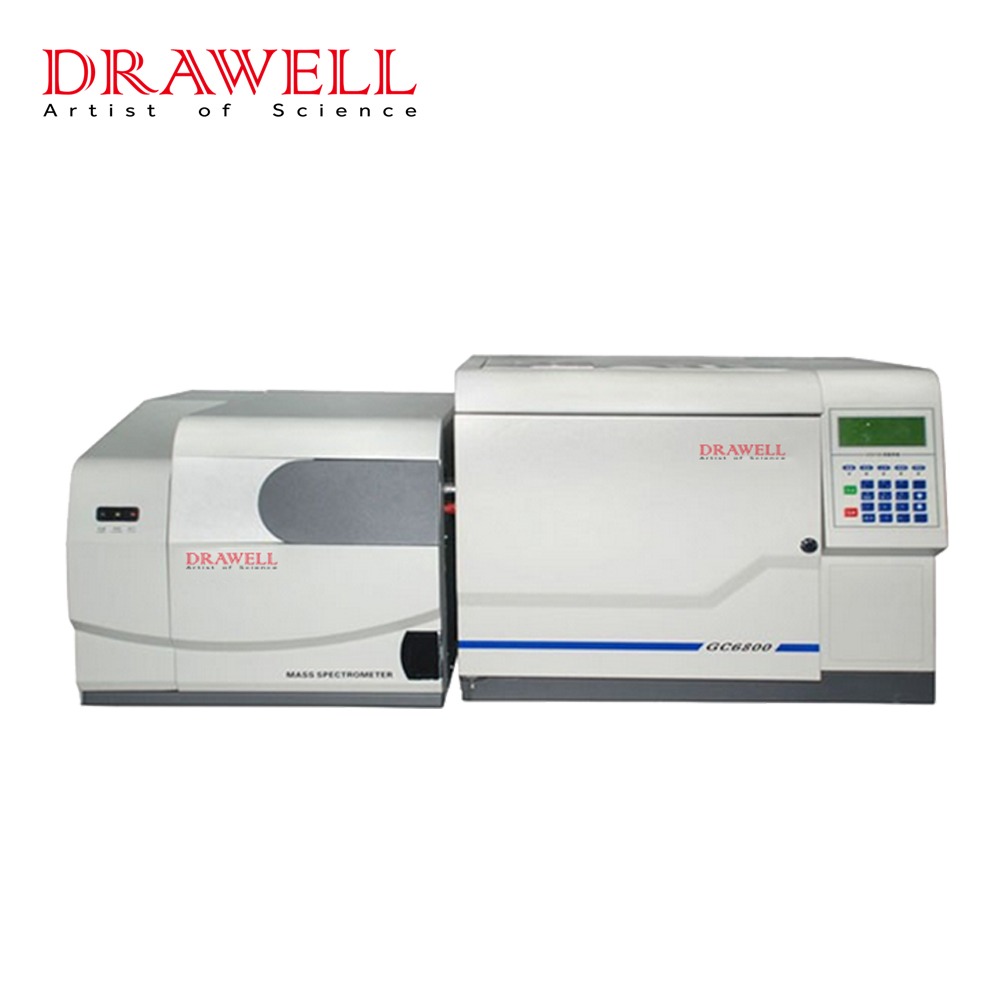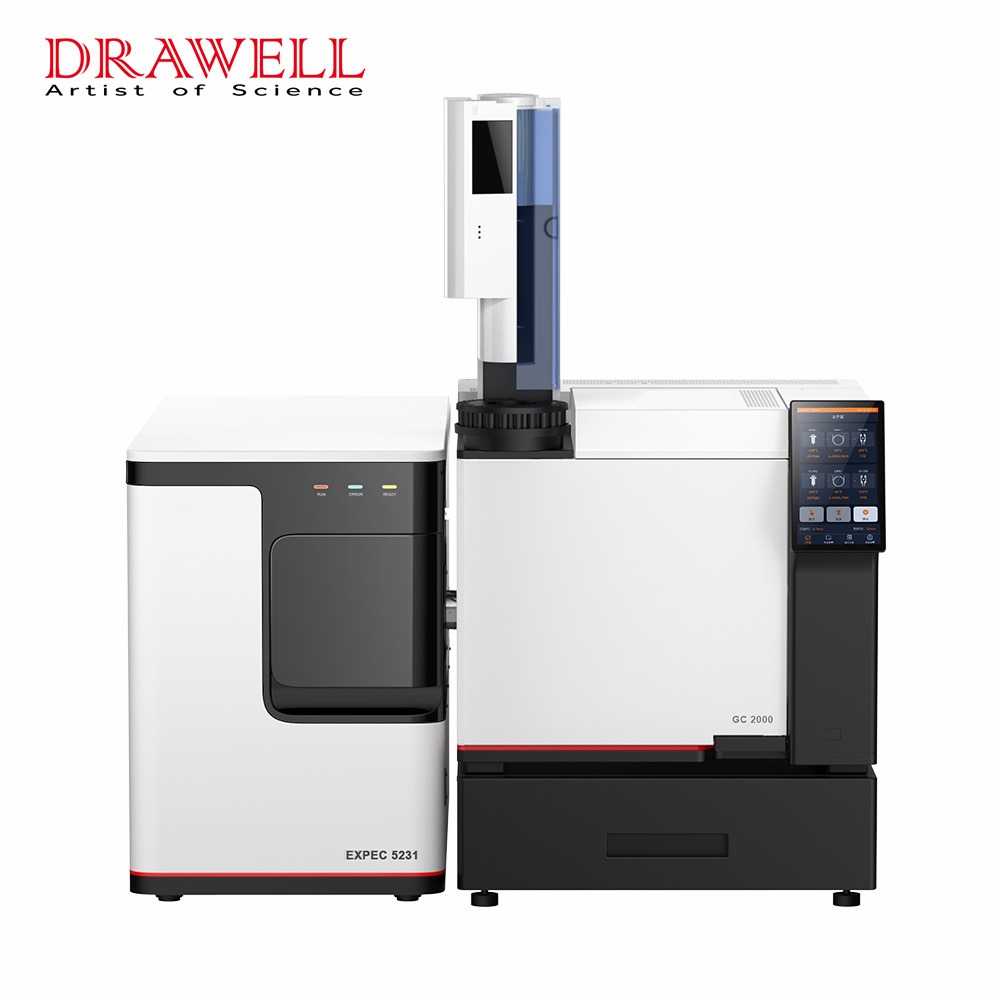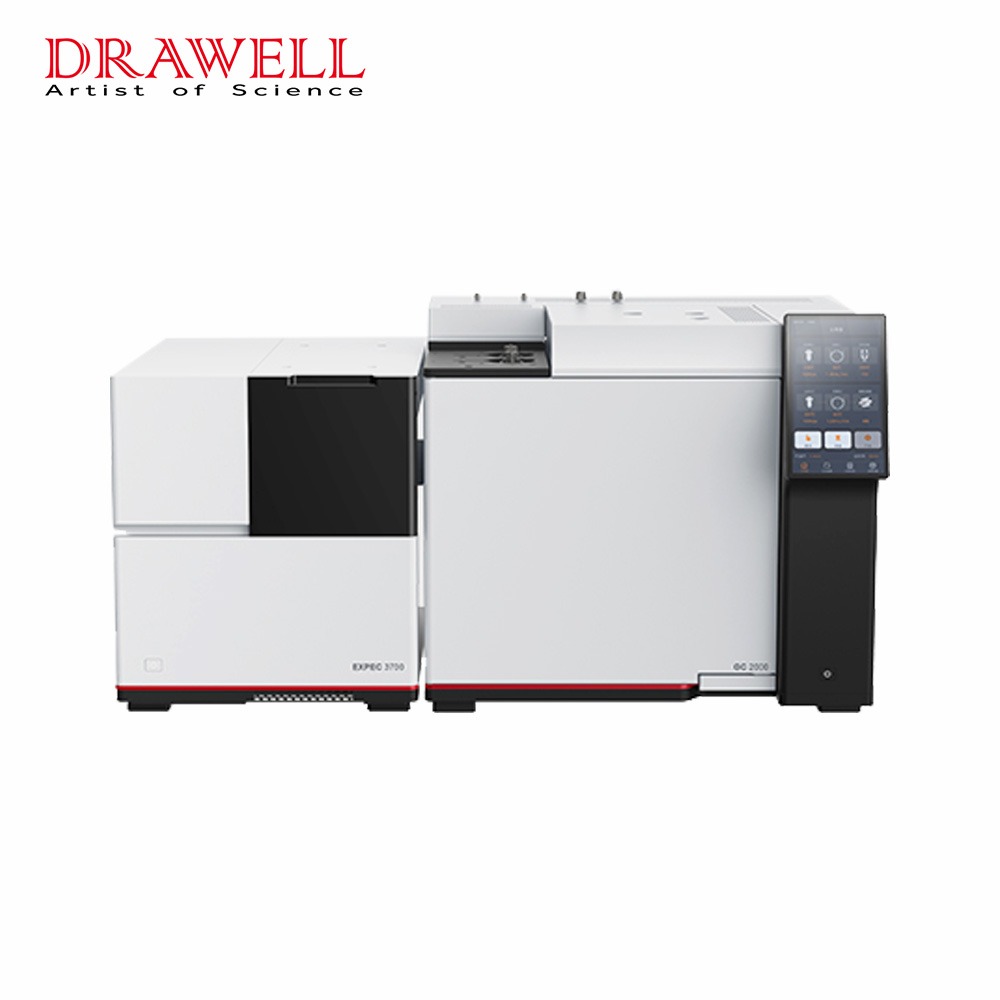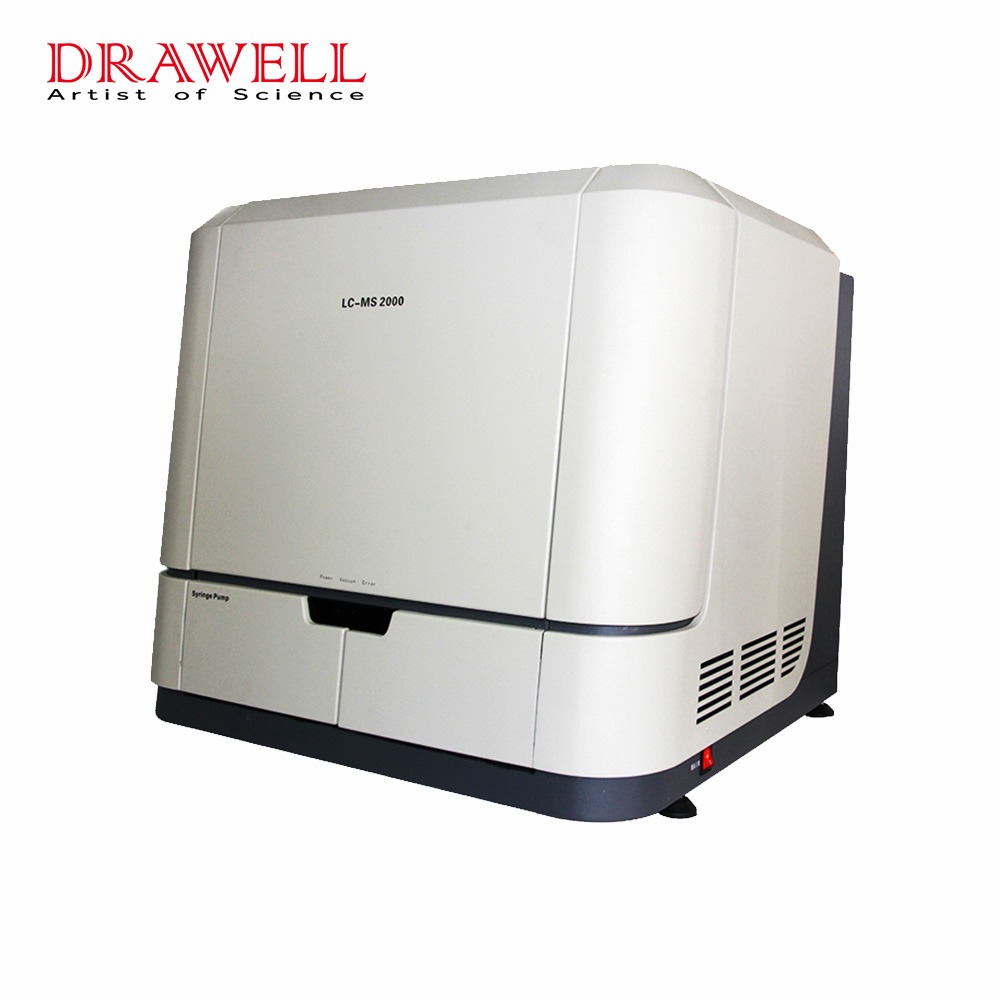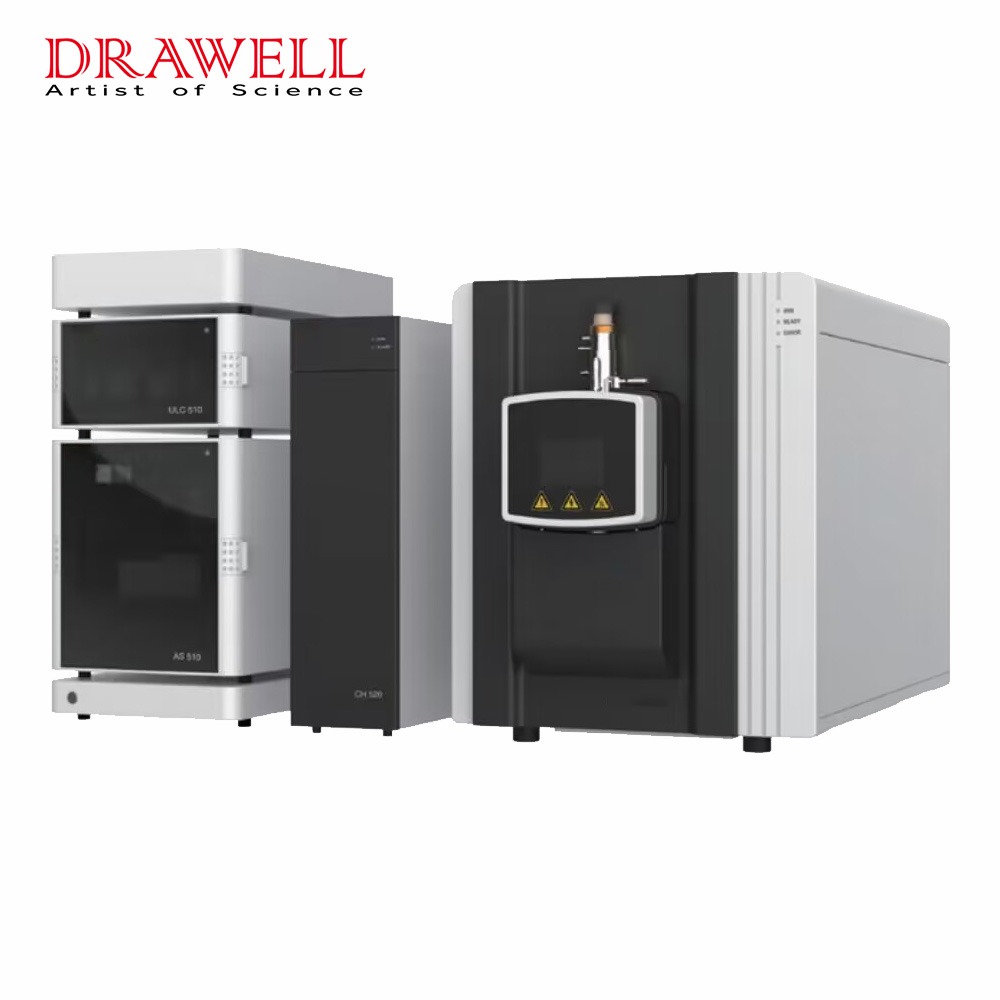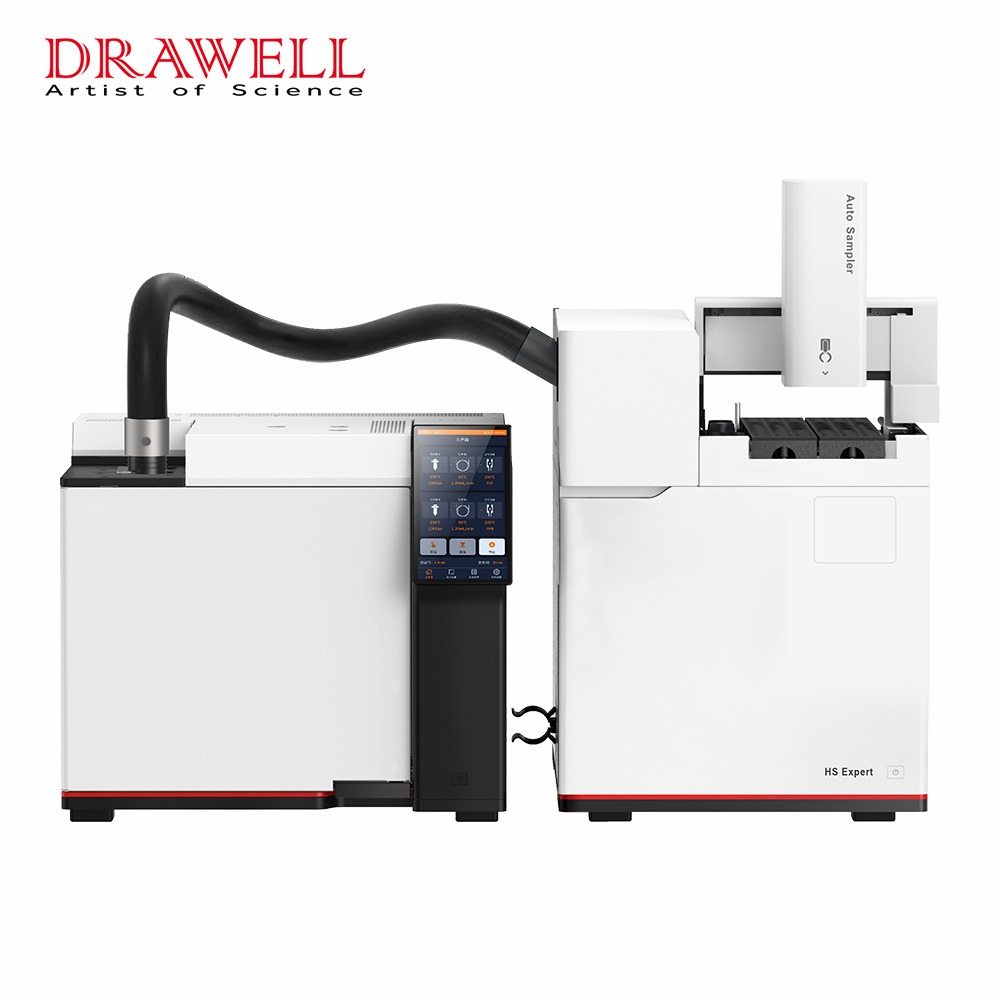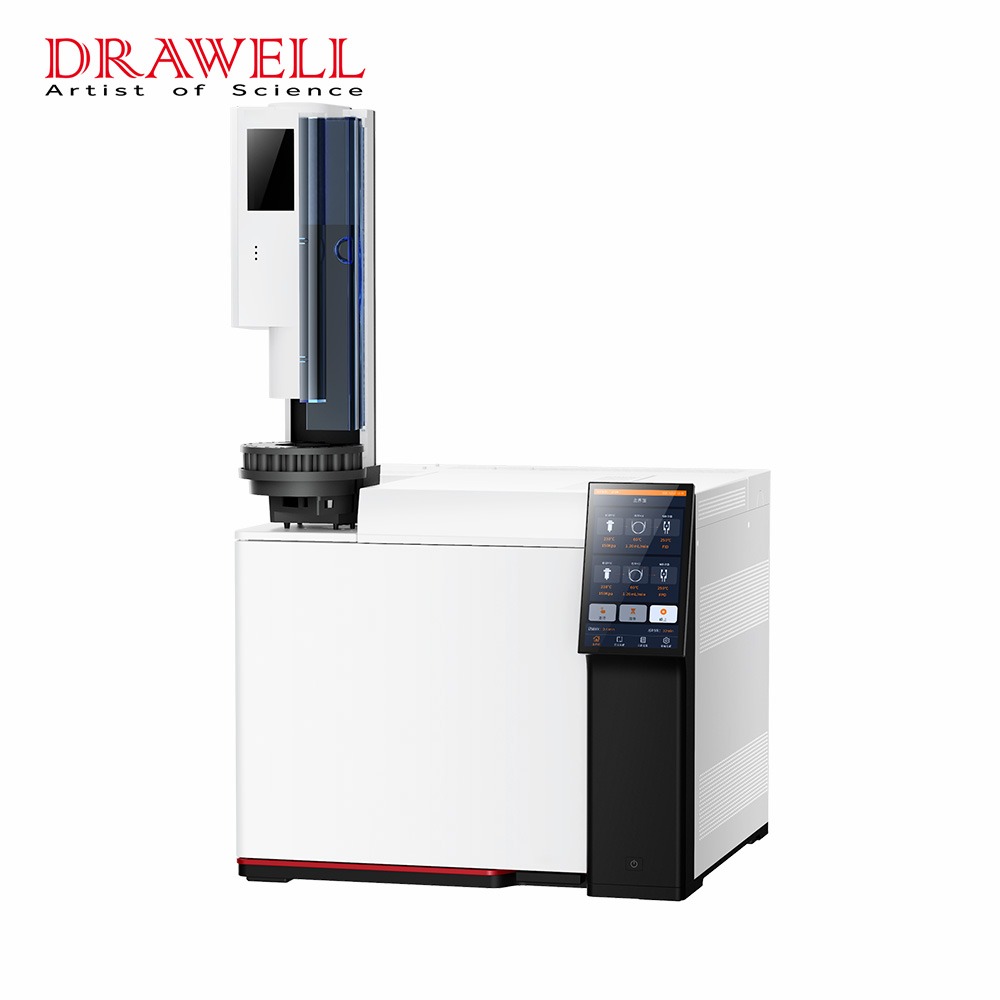Chromatography is a powerful analytical technique that has evolved into a necessary tool in modern science. It is used to separate and analyze complicated mixtures of compounds and has several uses, including pharmaceuticals, environmental monitoring, food and beverage analysis, and forensic research. Chromatography is a basic analytical tool that has proven indispensable in modern science. This article mainly tells why is chromatography useful.
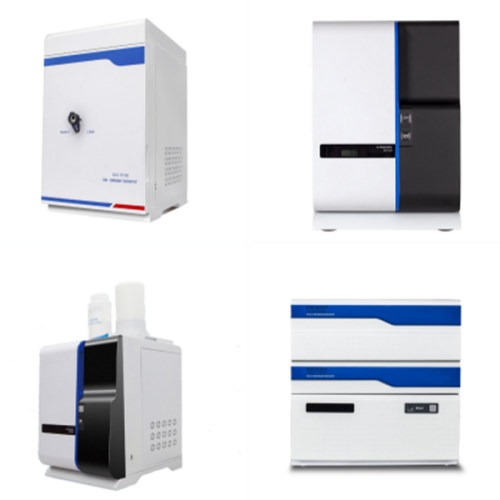
Importance of Chromatography in Modern Science
Chromatography is a fundamental analytical tool that has become essential in modern science.
- Identification and quantification of components
Chromatography is commonly used to separate complicated mixtures into their constituent parts. This enables scientists to identify and measure each component, which is important for a variety of applications such as drug development, environmental monitoring, food and beverage analysis, and forensic science.
- Purity analysis
Chromatography is widely used to determine sample purity. This is especially crucial in the pharmaceutical industry, as drug purity has a considerable impact on efficacy and safety.
- Quality control
Chromatography is an important tool in quality control since it allows scientists to monitor a product’s composition throughout the manufacturing process. This ensures that the finished product has consistent and dependable quality.
- Purification of natural products
Chromatography is commonly used to purify natural products for use in drug development and other applications, such as plant extracts or proteins.
- Separation of enantiomers
Chromatography is an effective method for distinguishing enantiomers, which are stereoisomers that are mirror images of each other. Because many medications are chiral and only one enantiomer is active, enantiomer separation is especially significant in the pharmaceutical industry.
- Production of pharmaceuticals
Chromatography is critical in pharmaceutical manufacture because it allows for the separation and purification of medicines and their intermediates.
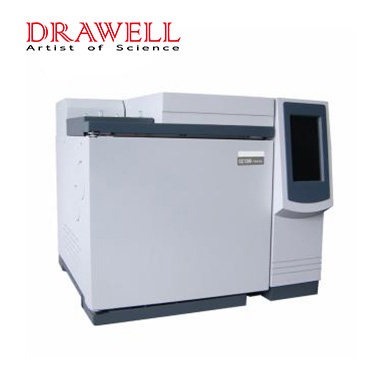
An Effective Separation Based on Physical or Chemical Properties Provided by Chromatography
Chromatography is a separation process that uses physical or chemical qualities to separate components of a mixture. Several physical and chemical qualities can be used to produce separation in chromatography, including:
- Size
Size-based chromatography separates components based on differences in molecular size or weight. Size-exclusion chromatography and gel electrophoresis are two examples.
- Polarity
Polarity chromatography separates components based on differences in polarity or hydrophobicity. Normal-phase chromatography and reverse-phase chromatography are two examples.
- Charge
Charge chromatography separates components based on differences in their net charge. Ion exchange chromatography and ion pair chromatography are two examples.
- Affinity
Affinity chromatography separates components based on their particular interactions with a ligand or target molecule. Affinity chromatography and immunoaffinity chromatography are two examples.
- Boiling point
Boiling point chromatography separates components based on their boiling point differences. Gas chromatography is one example.
- Vapor pressure
Vapor pressure chromatography separates components based on their vapor pressure differences. Vacuum distillation and flash chromatography are two examples.
The separation mechanism used in chromatography is determined by the specific physical or chemical features of the mixture. Chromatography is an efficient and versatile method of separating and studying complicated mixtures.
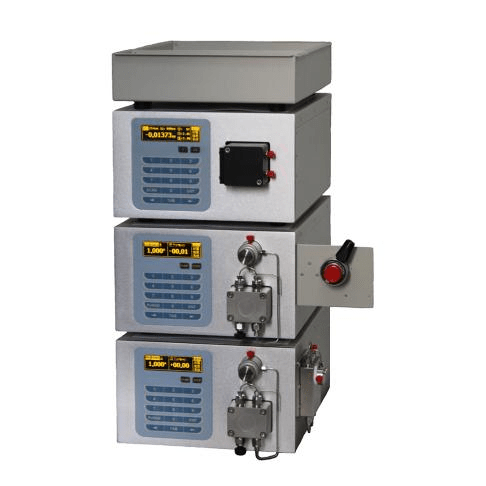
Advantages of Chromatography
- High specificity and sensitivity
Chromatography is a highly selective and sensitive technique that can detect and quantify even tiny amounts of a component in a complicated mixture.
- Versatility and flexibility
Chromatography is a versatile technology that may be tailored to a variety of separation requirements. There are numerous varieties of chromatography, each with its own set of advantages and applications.
- Rapid analysis and high throughput
Chromatography is a quick process for separating and analyzing large amounts of samples in a short period of time. This makes it appropriate for applications requiring high-throughput analysis.
- Minimal sample preparation
Chromatography is a convenient and cost-effective technique since it requires little sample preparation. This is very beneficial when working with complex samples or when working with little amounts of material.
- Non-destructive
Chromatography is a non-destructive process that permits separated components to be recovered for further study or usage. When working with valuable or difficult-to-obtain samples, this is extremely critical.
Chromatography’s features make it a highly beneficial technology for a variety of applications in research, industry, and medicine.
Summary
Chromatography is a highly useful technique with a wide range of applications in research, industry, and medicine. As a result, chromatography will continue to play an important role in improving our understanding of the world and producing new products and technology to better our lives.

